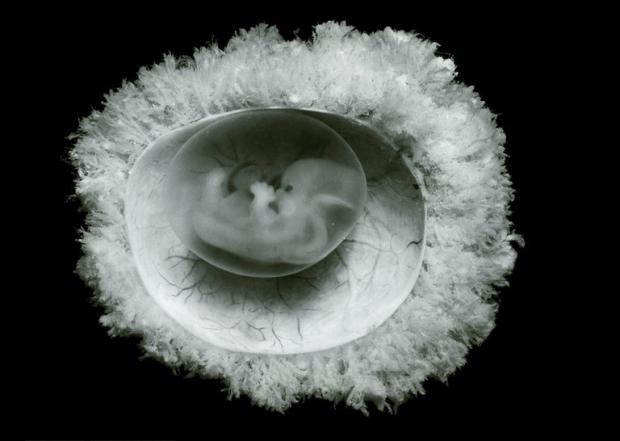
Breaking News
 Verizon to Slash 15 Percent of Its Workforce, About 15,000 Jobs
Verizon to Slash 15 Percent of Its Workforce, About 15,000 Jobs
 The SCARY SHIFT from SCARCITY to ABUNDANCE
The SCARY SHIFT from SCARCITY to ABUNDANCE
 Foreclosure surge signals housing market distress as costs spiral out of control
Foreclosure surge signals housing market distress as costs spiral out of control
 Nearly 1,000 flights canceled despite government reopening, disruptions expected for days
Nearly 1,000 flights canceled despite government reopening, disruptions expected for days
Top Tech News
 Blue Origin New Glenn 2 Next Launch and How Many Launches in 2026 and 2027
Blue Origin New Glenn 2 Next Launch and How Many Launches in 2026 and 2027
 China's thorium reactor aims to fuse power and parity
China's thorium reactor aims to fuse power and parity
 Ancient way to create penicillin, a medicine from ancient era
Ancient way to create penicillin, a medicine from ancient era
 Goodbye, Cavities? Scientists Just Found a Way to Regrow Tooth Enamel
Goodbye, Cavities? Scientists Just Found a Way to Regrow Tooth Enamel
 Scientists Say They've Figured Out How to Transcribe Your Thoughts From an MRI Scan
Scientists Say They've Figured Out How to Transcribe Your Thoughts From an MRI Scan
 SanDisk stuffed 1 TB of storage into the smallest Type-C thumb drive ever
SanDisk stuffed 1 TB of storage into the smallest Type-C thumb drive ever
 Calling Dr. Grok. Can AI Do Better than Your Primary Physician?
Calling Dr. Grok. Can AI Do Better than Your Primary Physician?
 HUGE 32kWh LiFePO4 DIY Battery w/ 628Ah Cells! 90 Minute Build
HUGE 32kWh LiFePO4 DIY Battery w/ 628Ah Cells! 90 Minute Build
 What Has Bitcoin Become 17 Years After Satoshi Nakamoto Published The Whitepaper?
What Has Bitcoin Become 17 Years After Satoshi Nakamoto Published The Whitepaper?
Ancient Viruses Are Buried in Your DNA

What makes this protein, called Hemo, so unusual is that it's not made by the mother. Instead, it is made in her fetus and in the placenta, by a gene that originally came from a virus that infected our mammalian ancestors more than 100 million years ago.
Hemo is not the only protein with such an alien origin: Our DNA contains roughly 100,000 pieces of viral DNA. Altogether, they make up about 8 percent of the human genome. And scientists are only starting to figure out what this viral DNA is doing to us.
Aris Katzourakis, a virologist at the University of Oxford, and his colleagues recently published a commentary in the journal Trends in Microbiology in which they explored the possibility that viral genes that produce proteins like Hemo are affecting our health in a variety of unexpected ways.

 Unbanked In A Connected World
Unbanked In A Connected World

